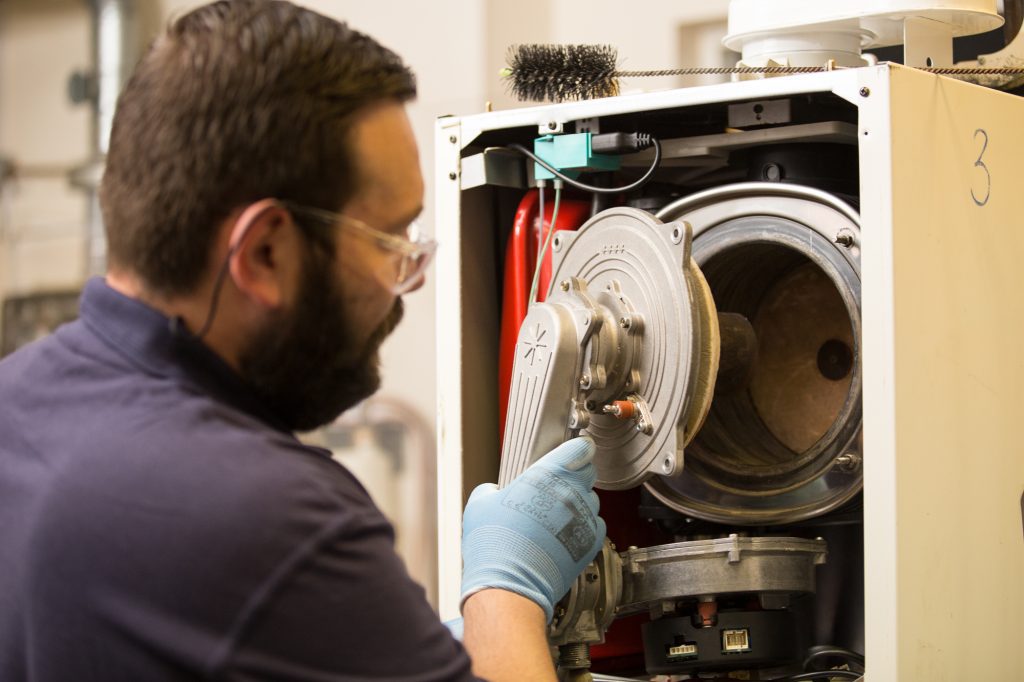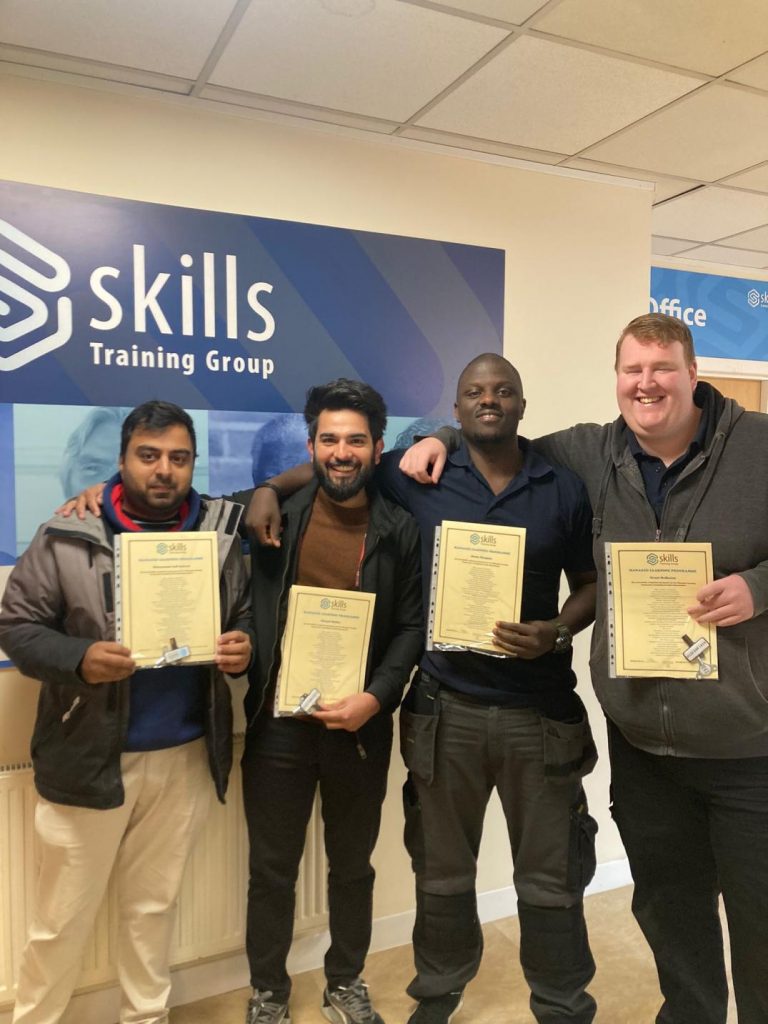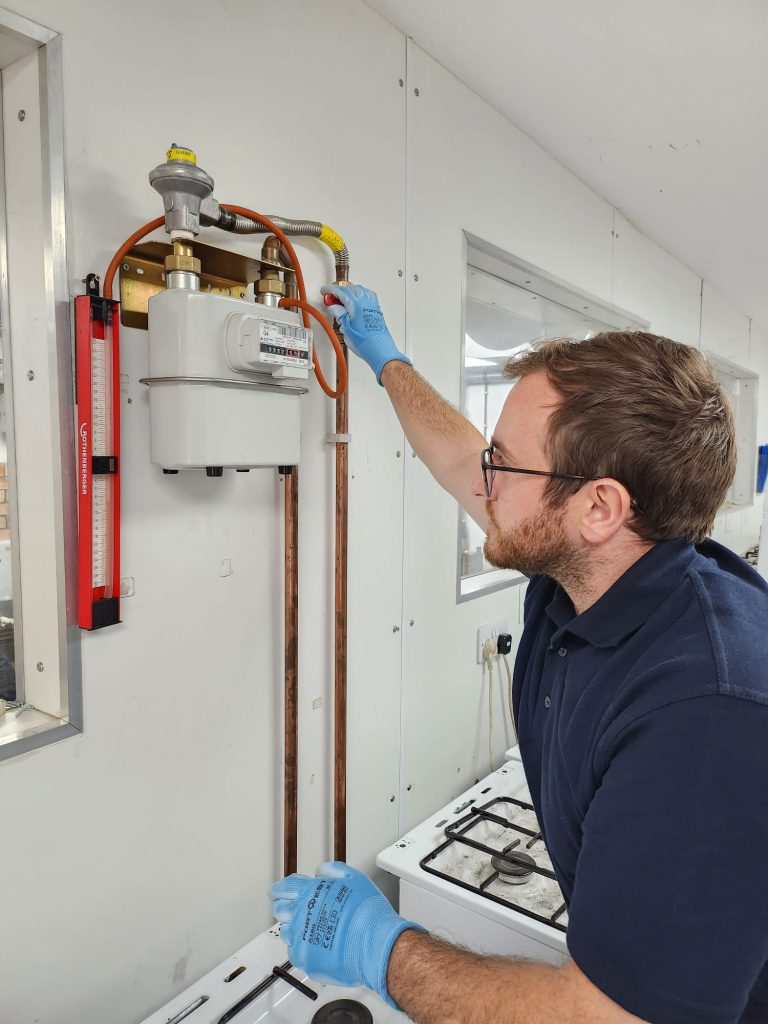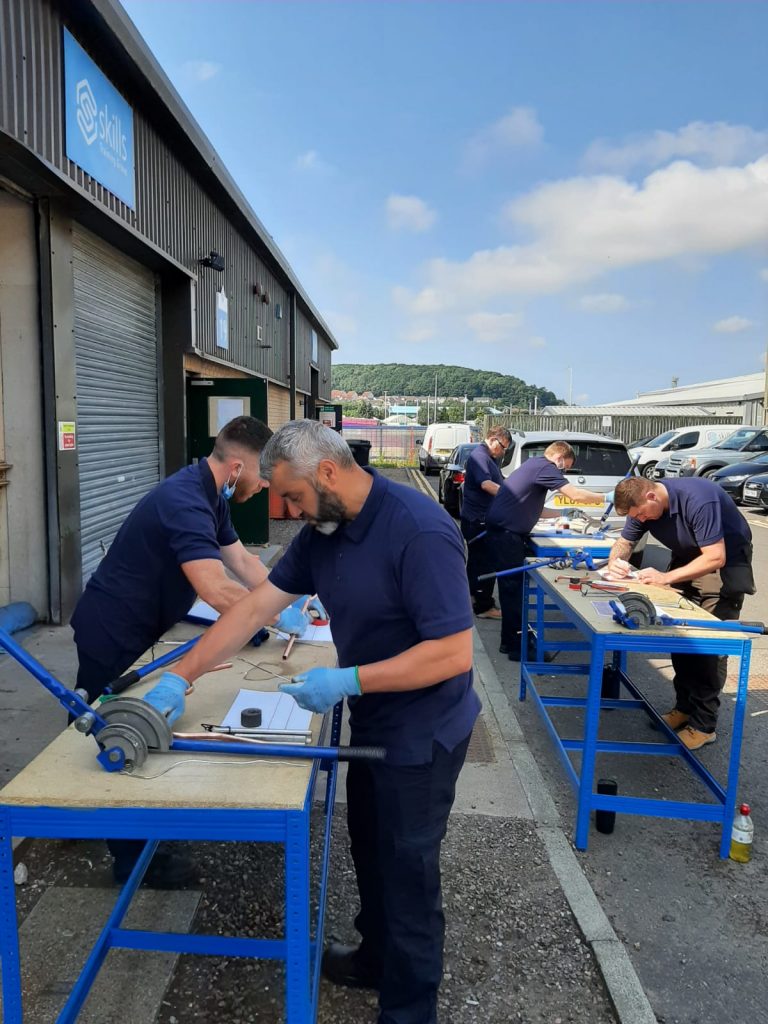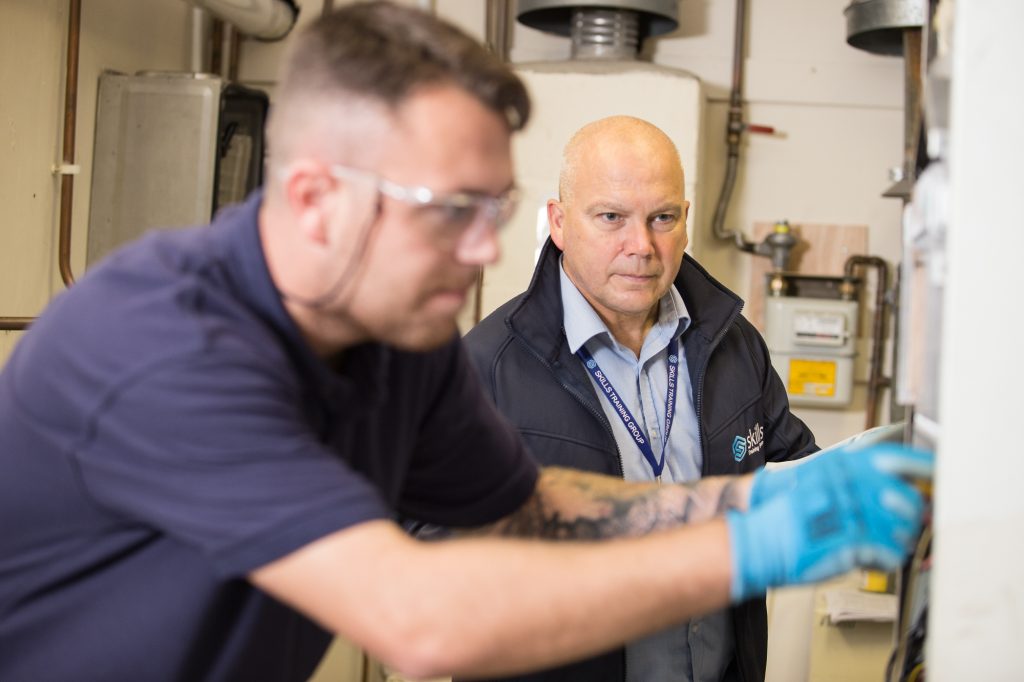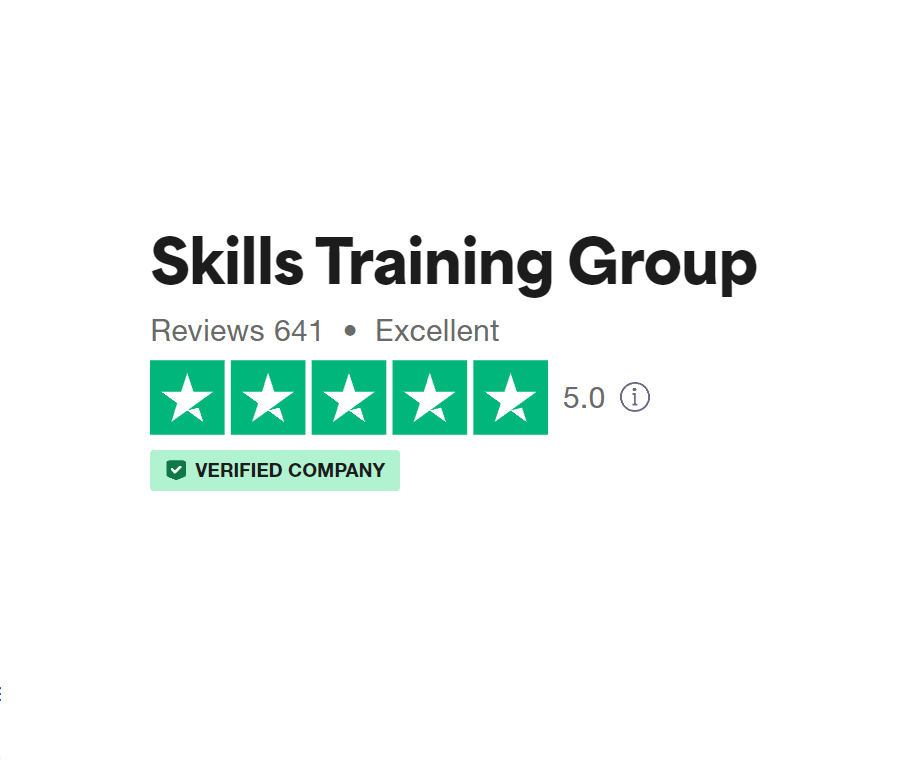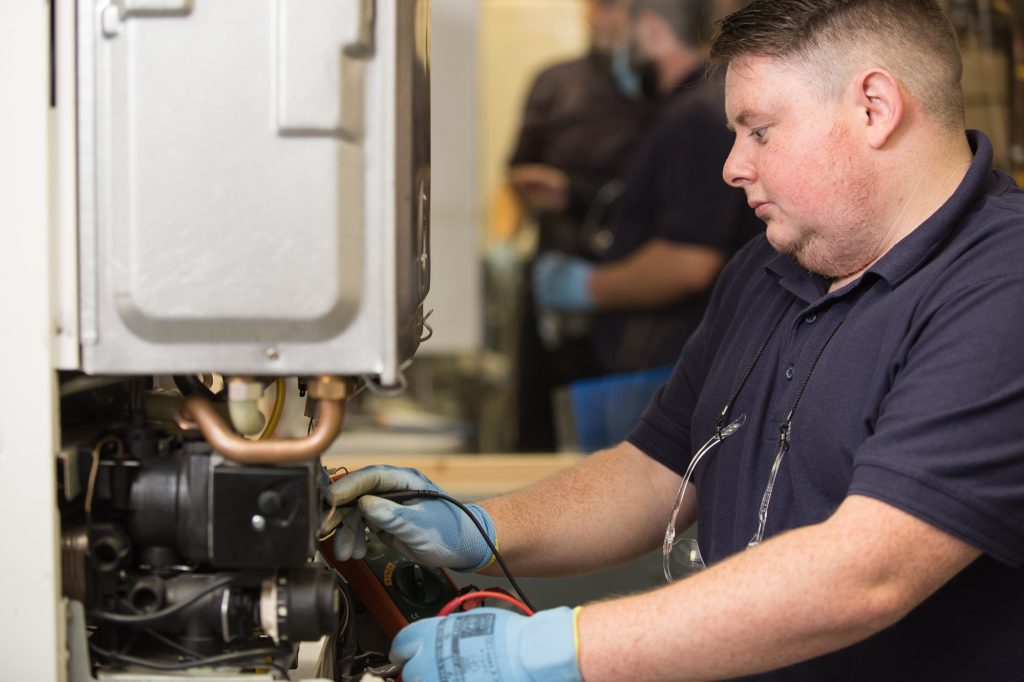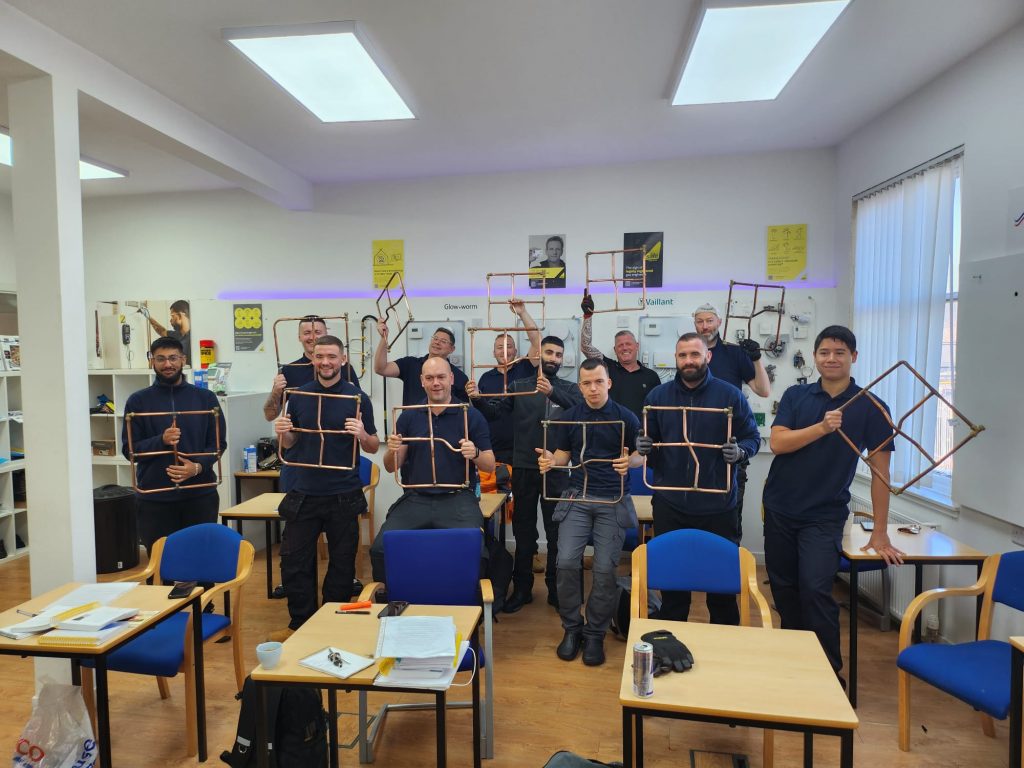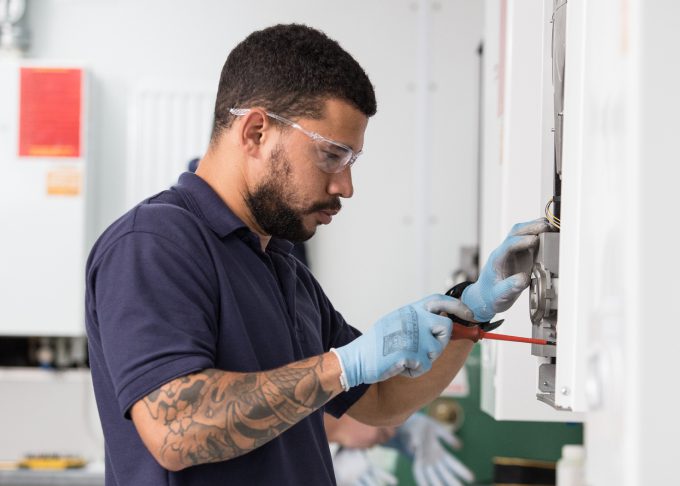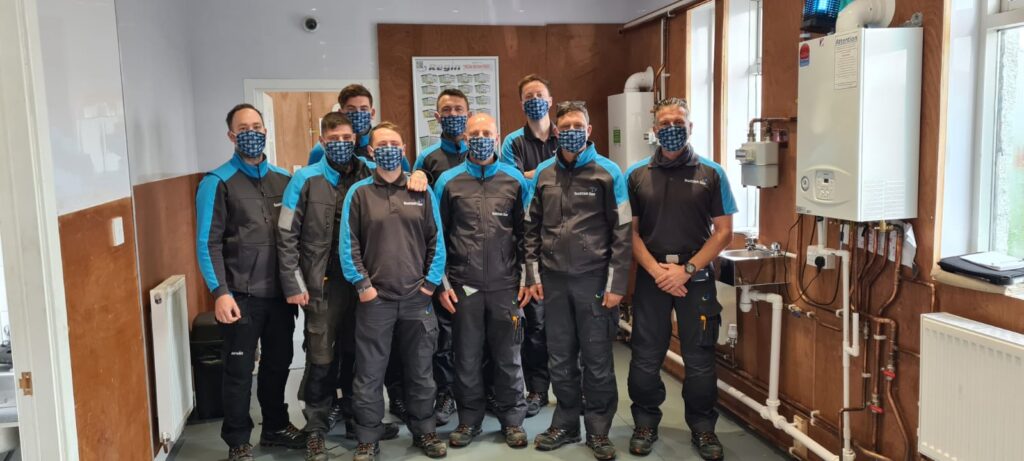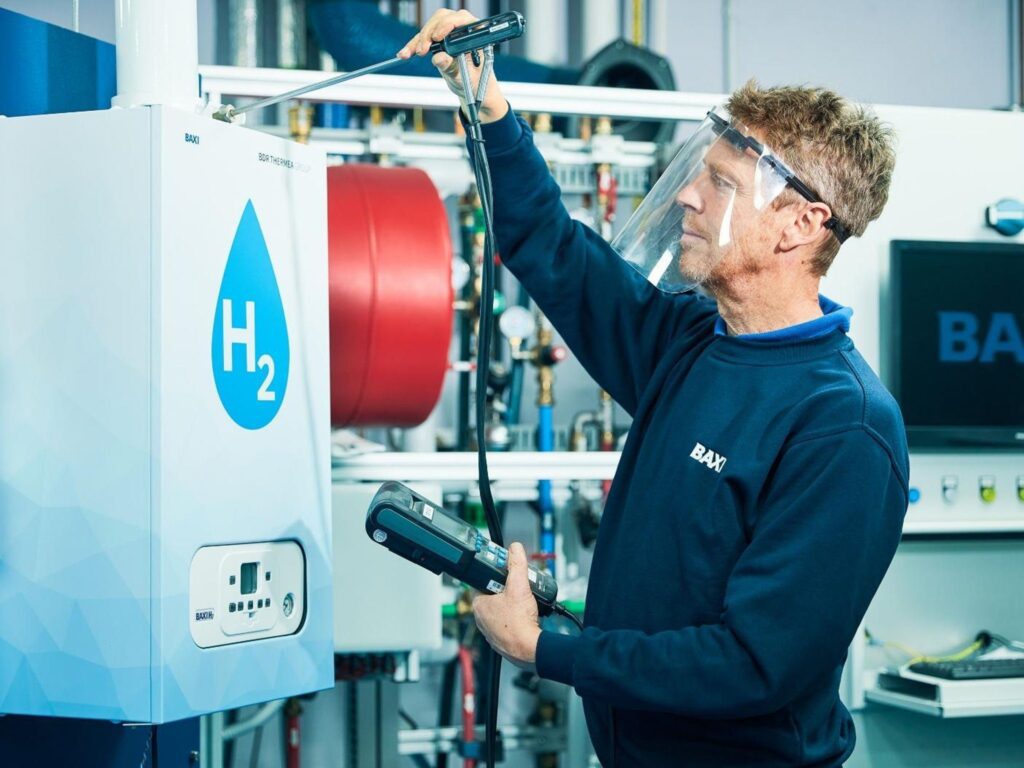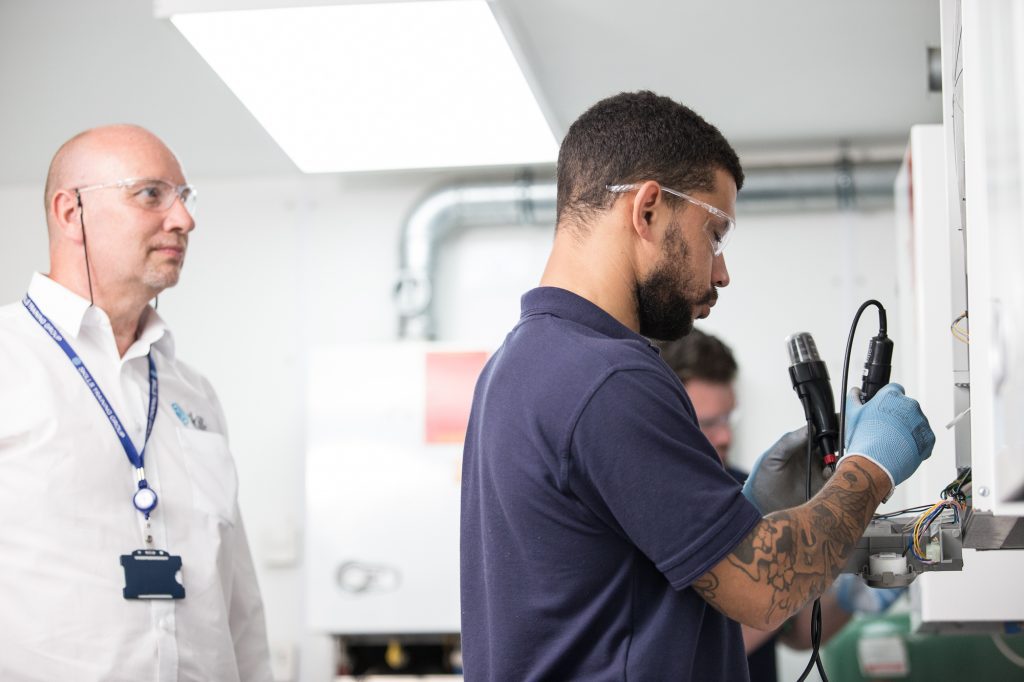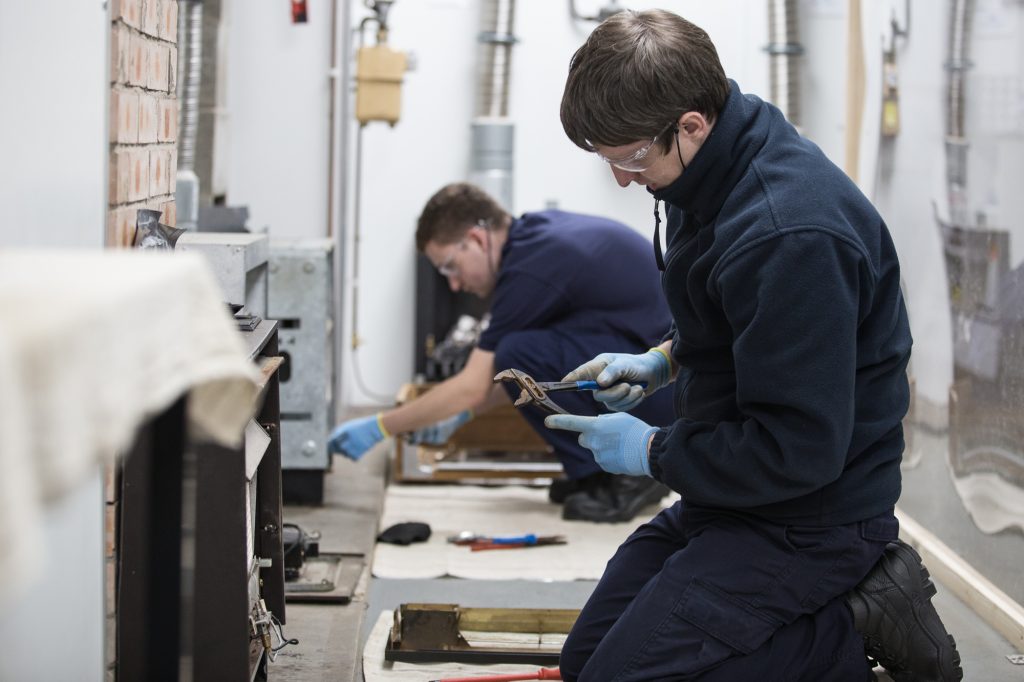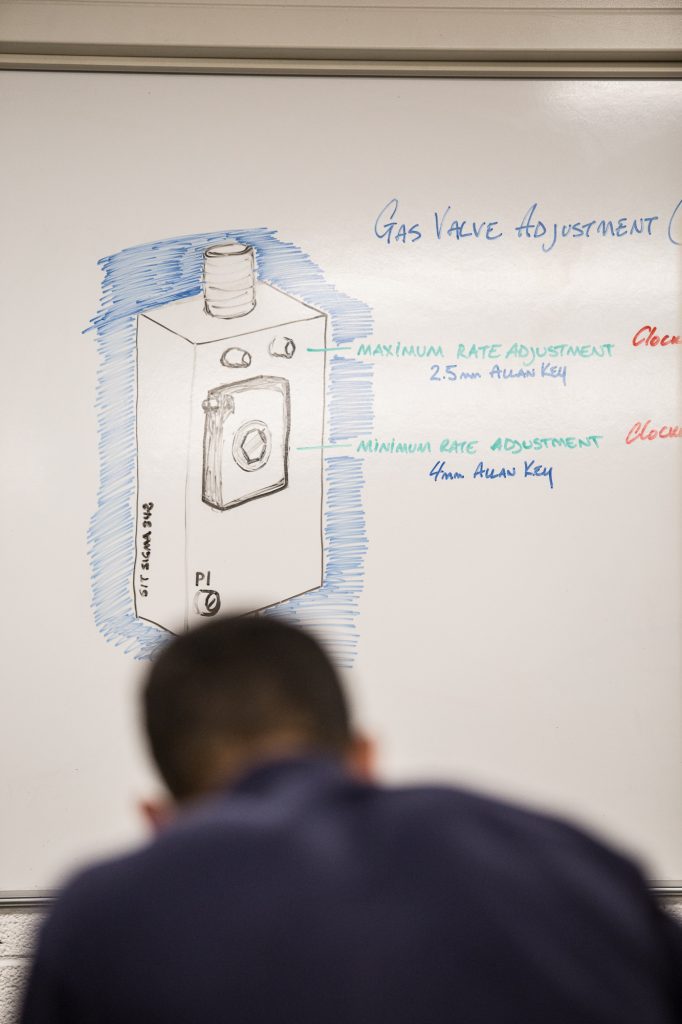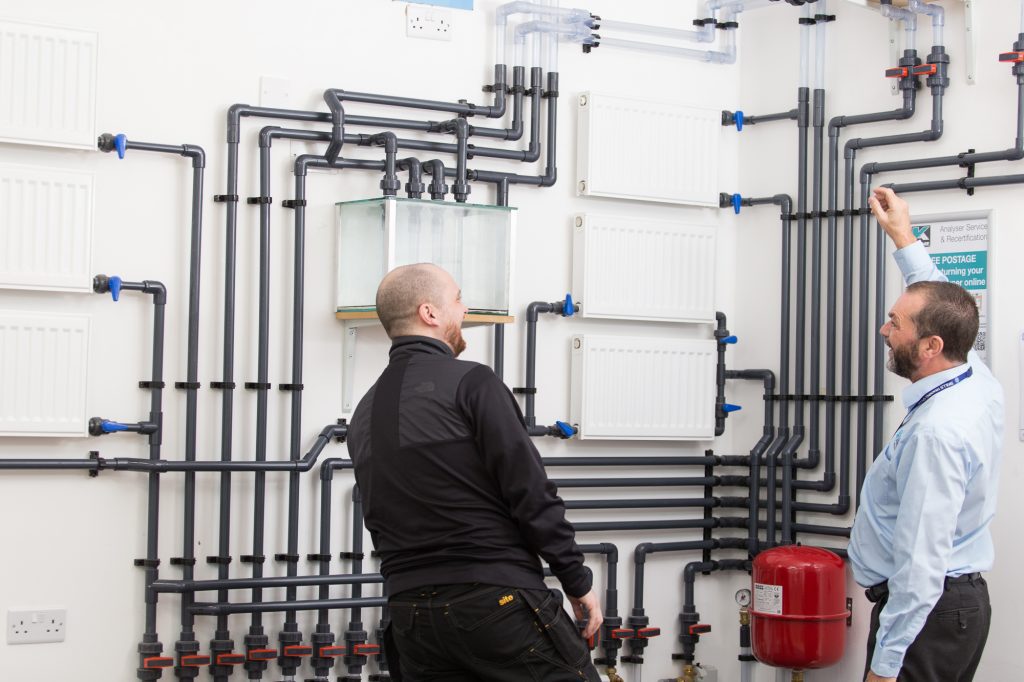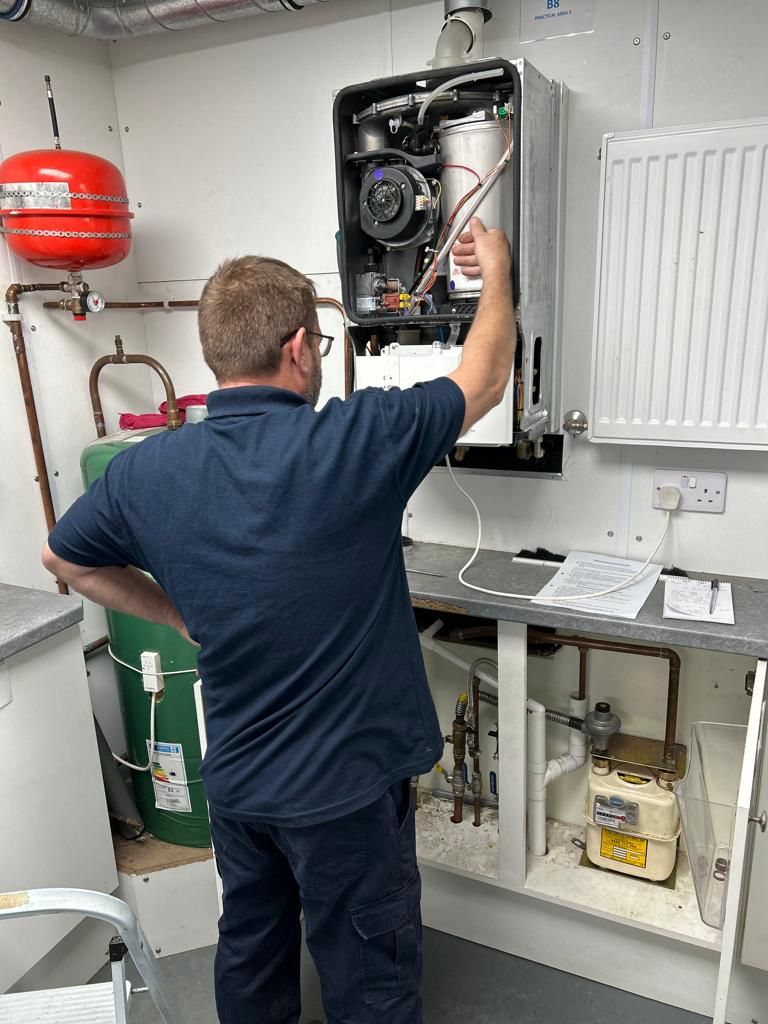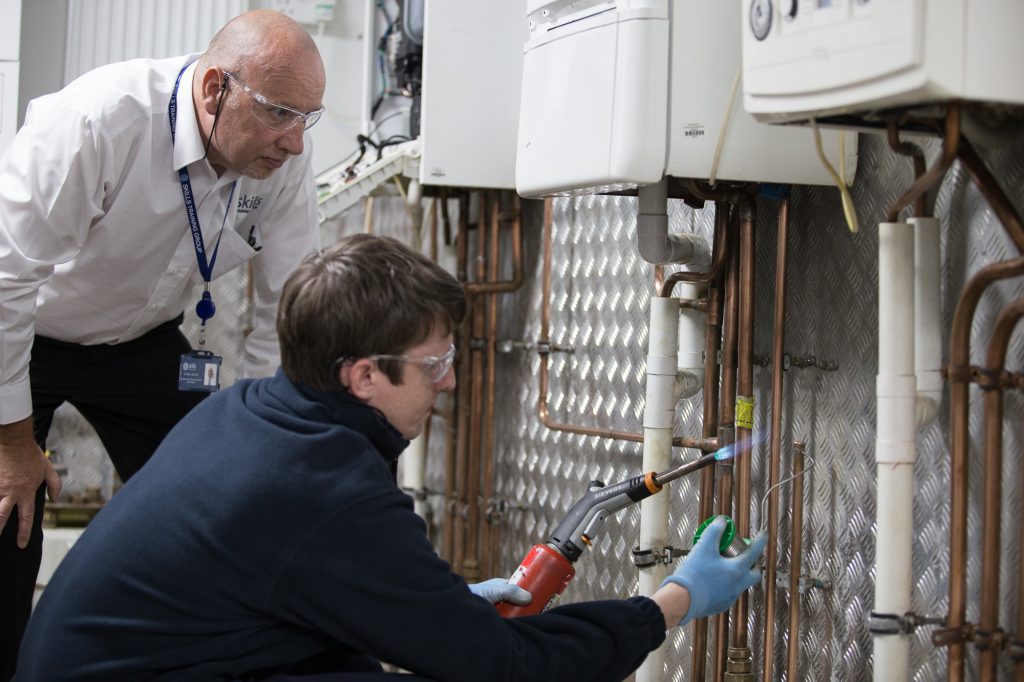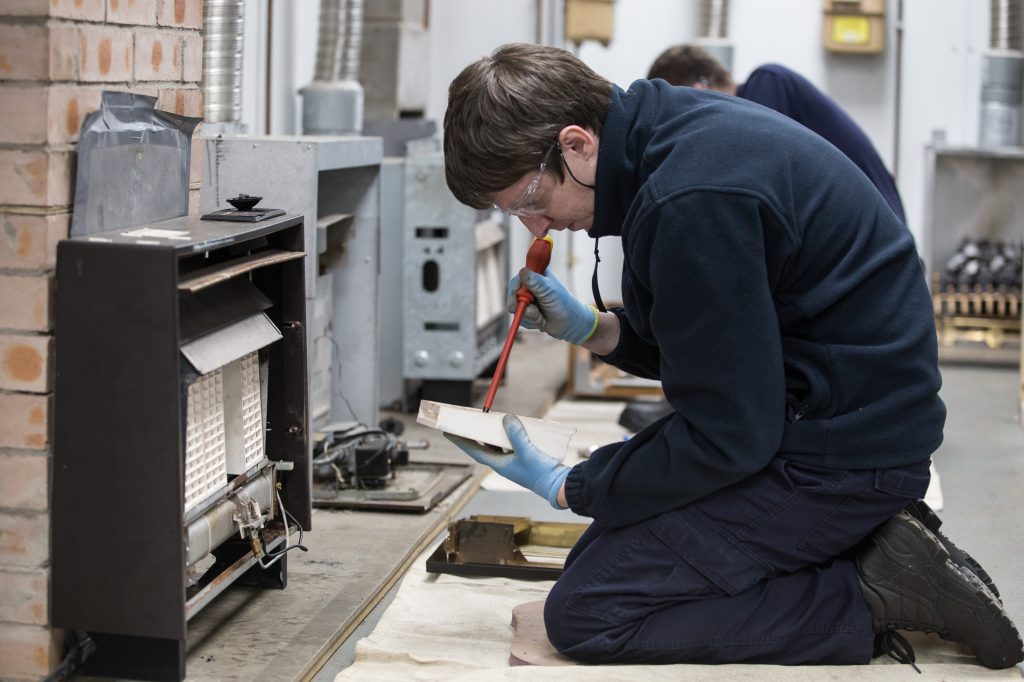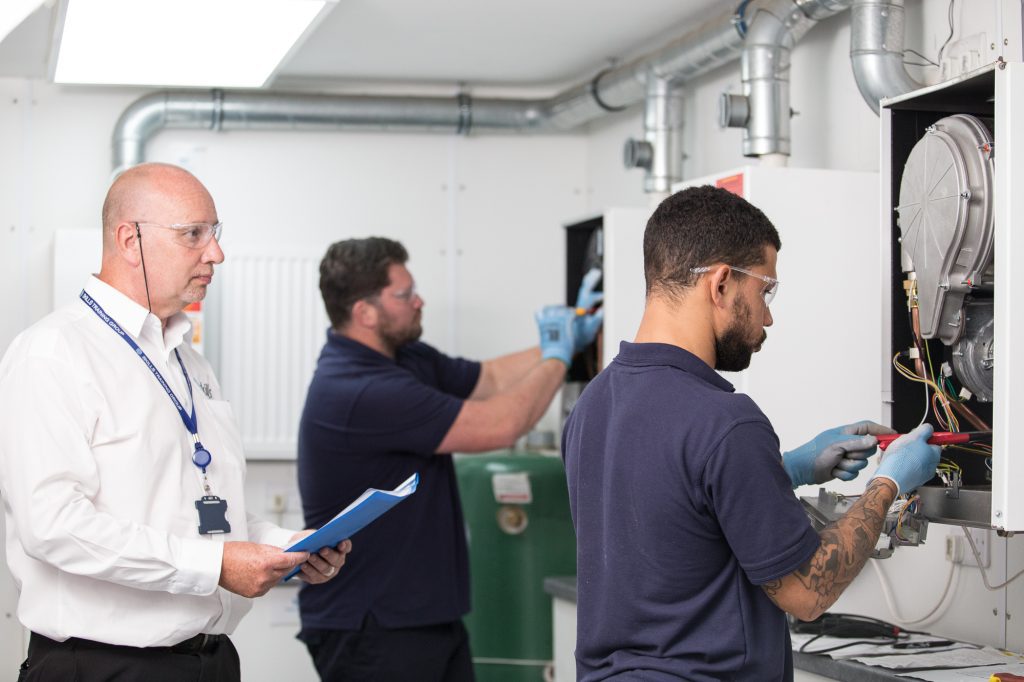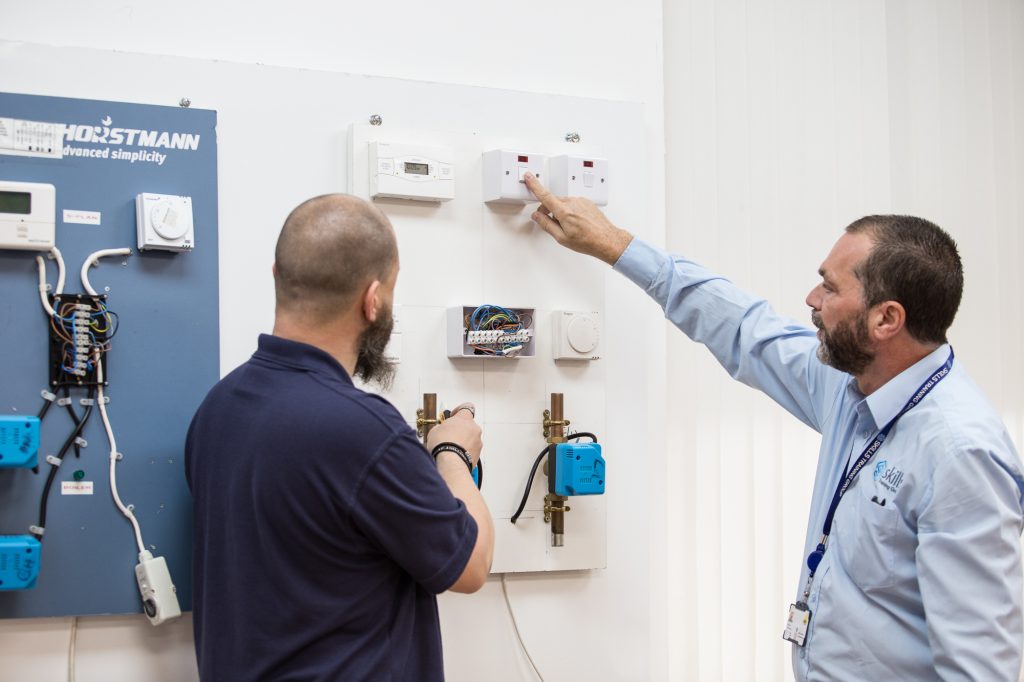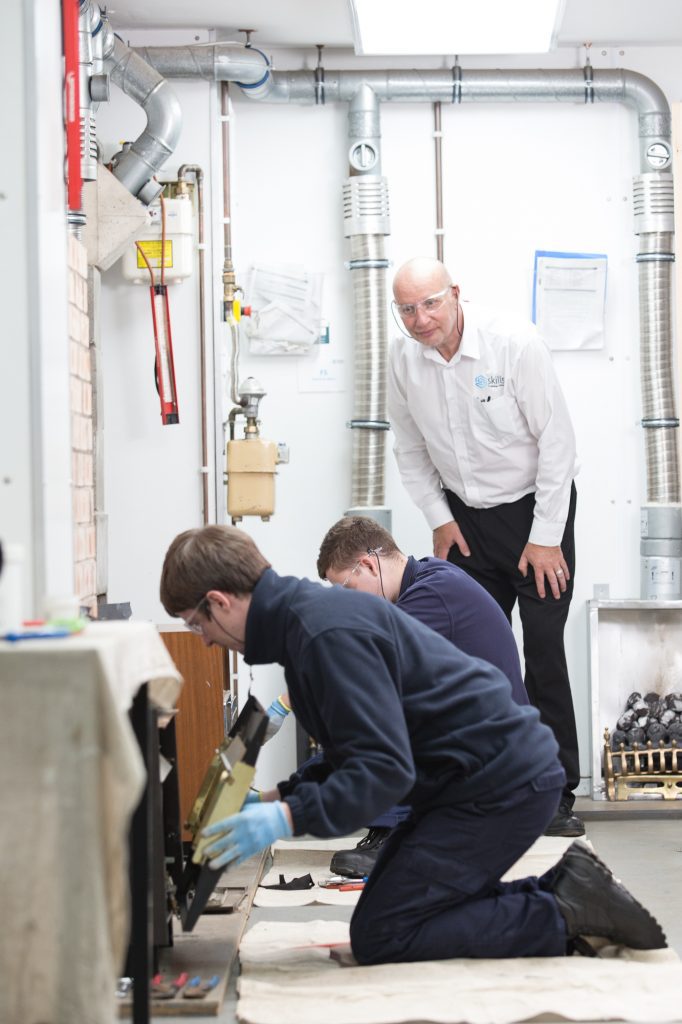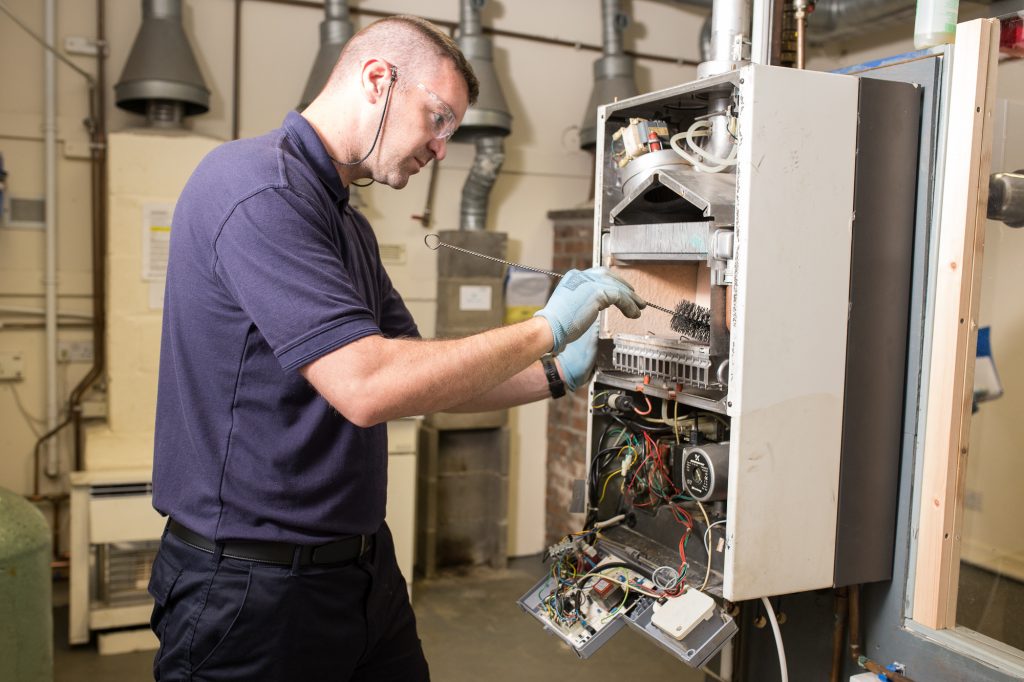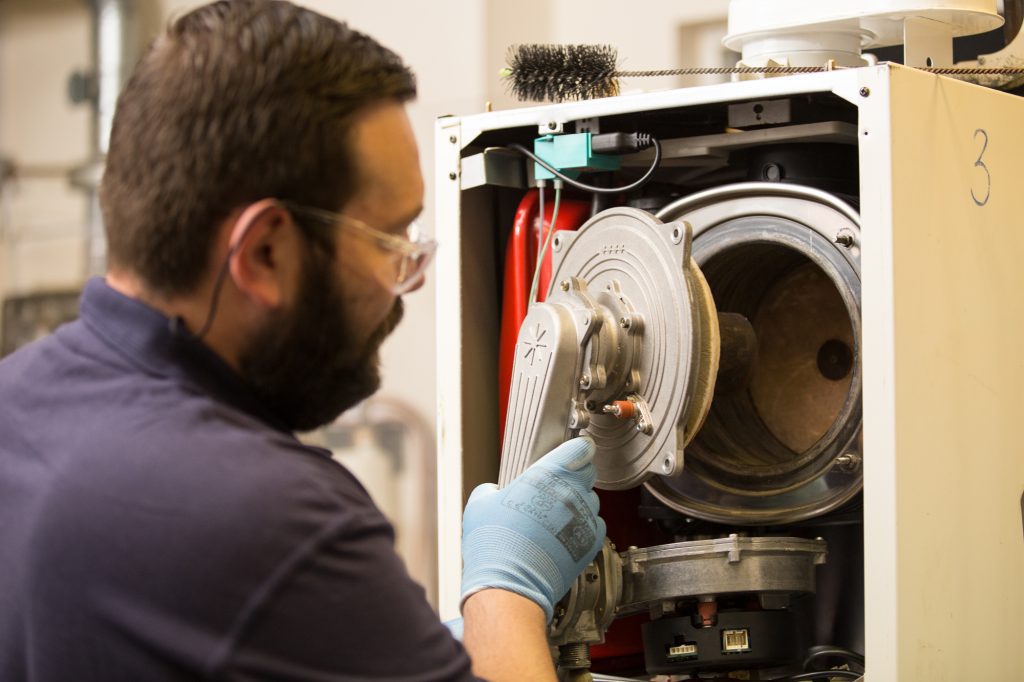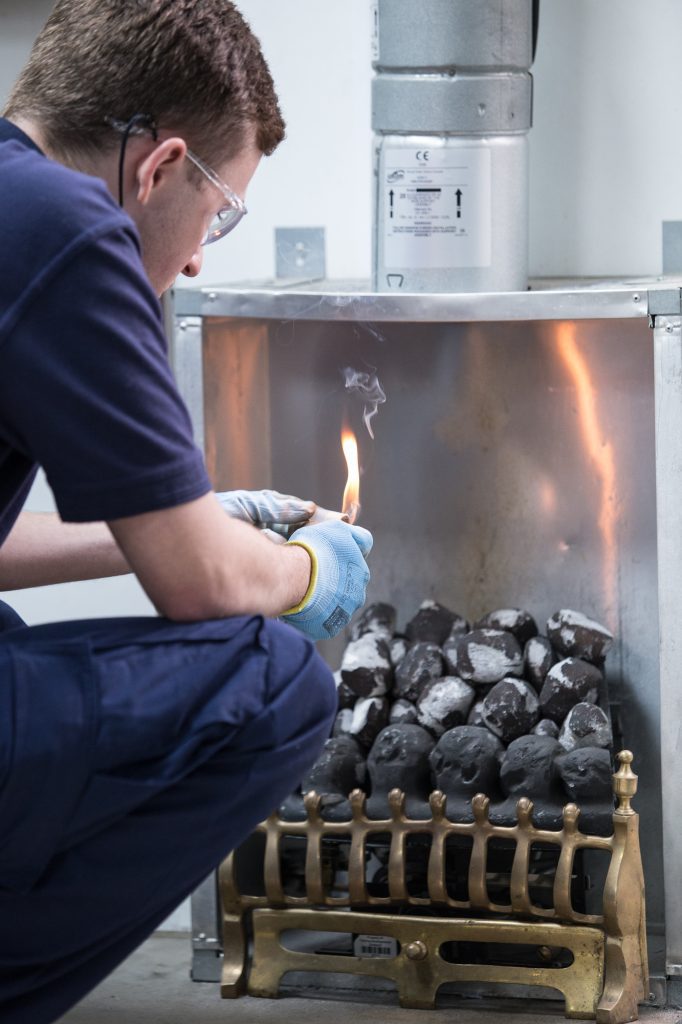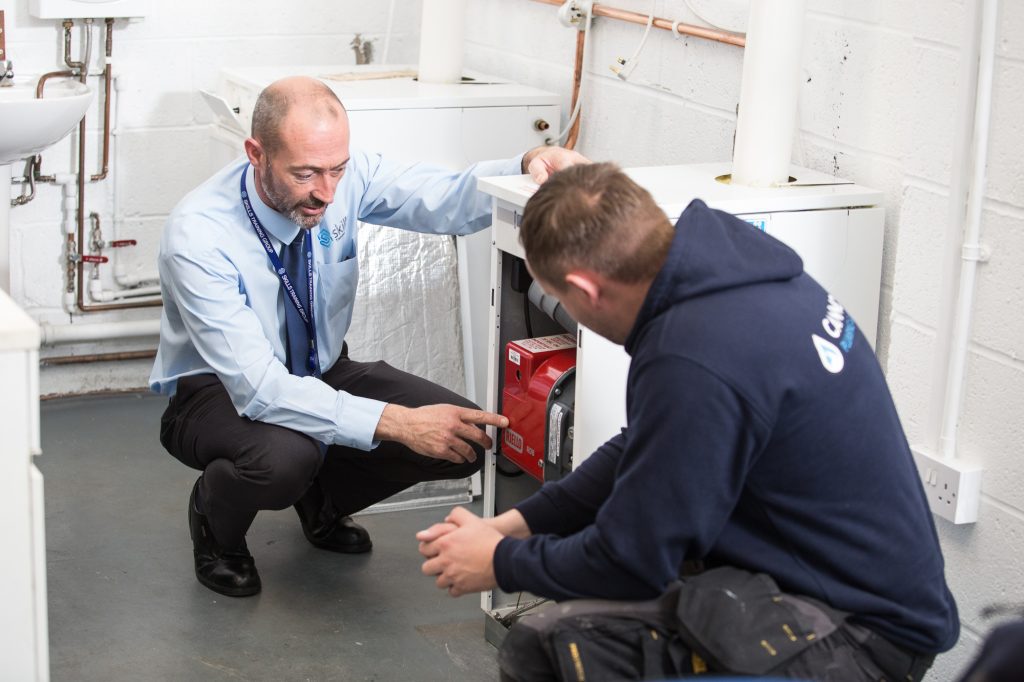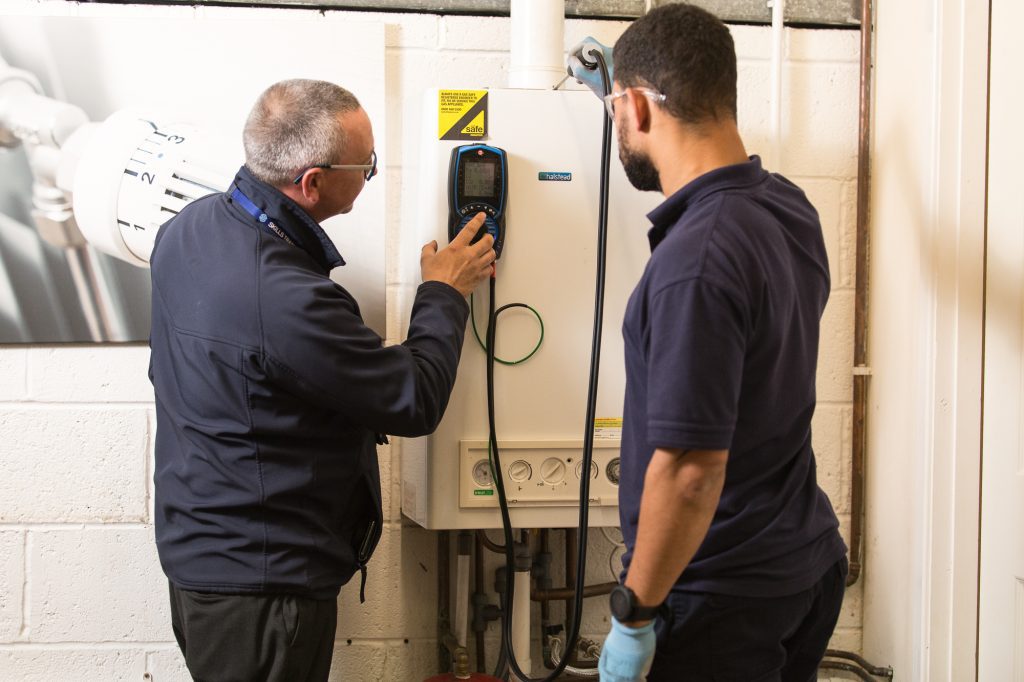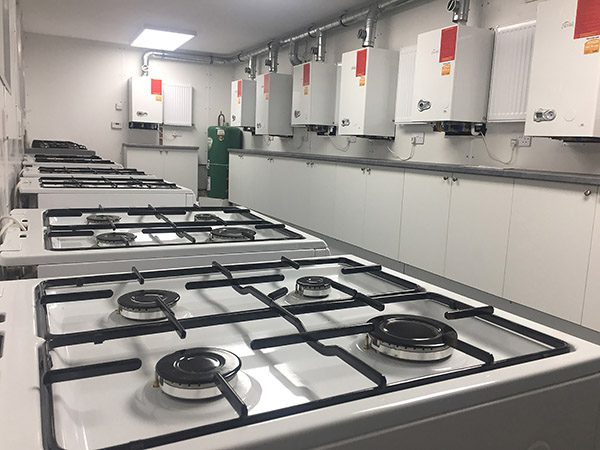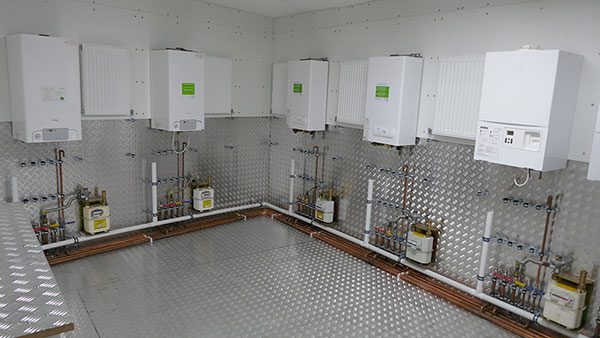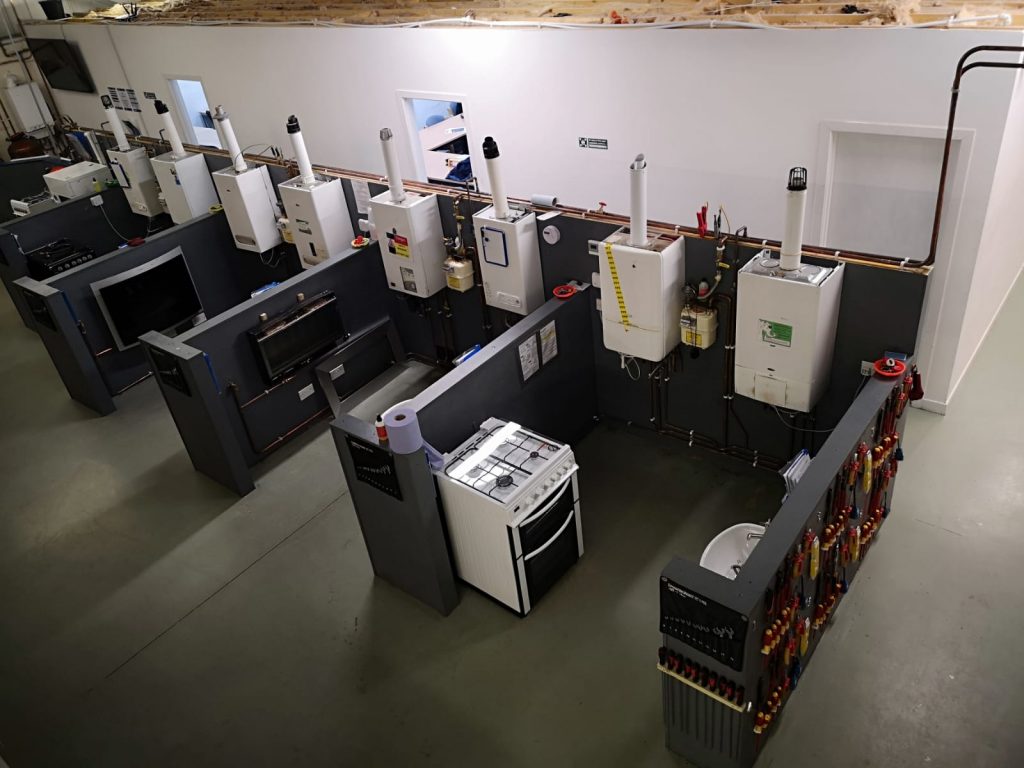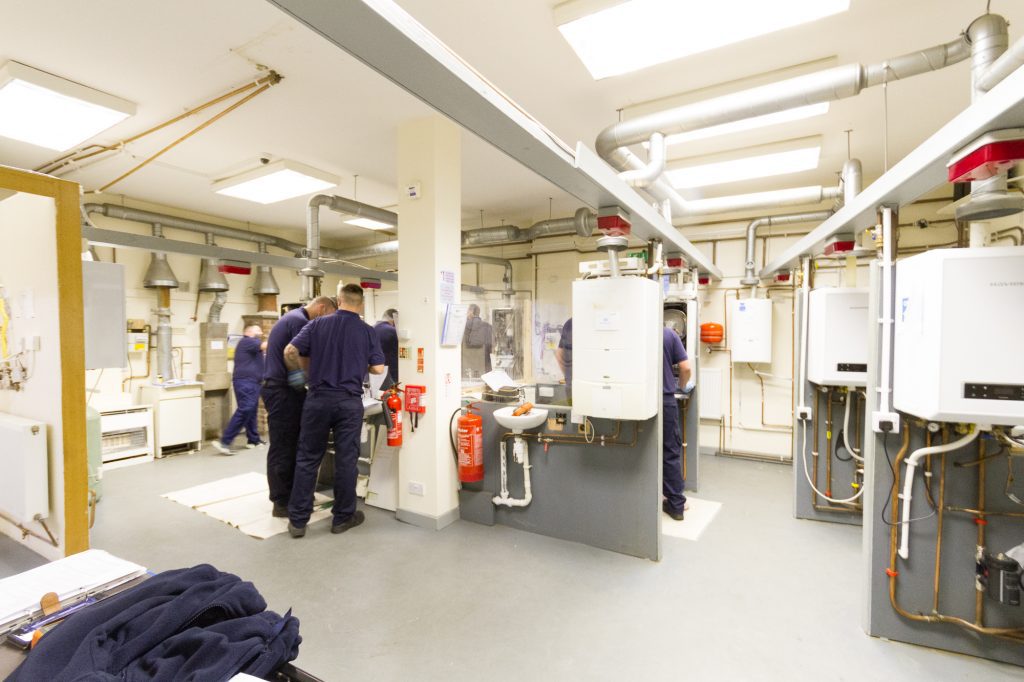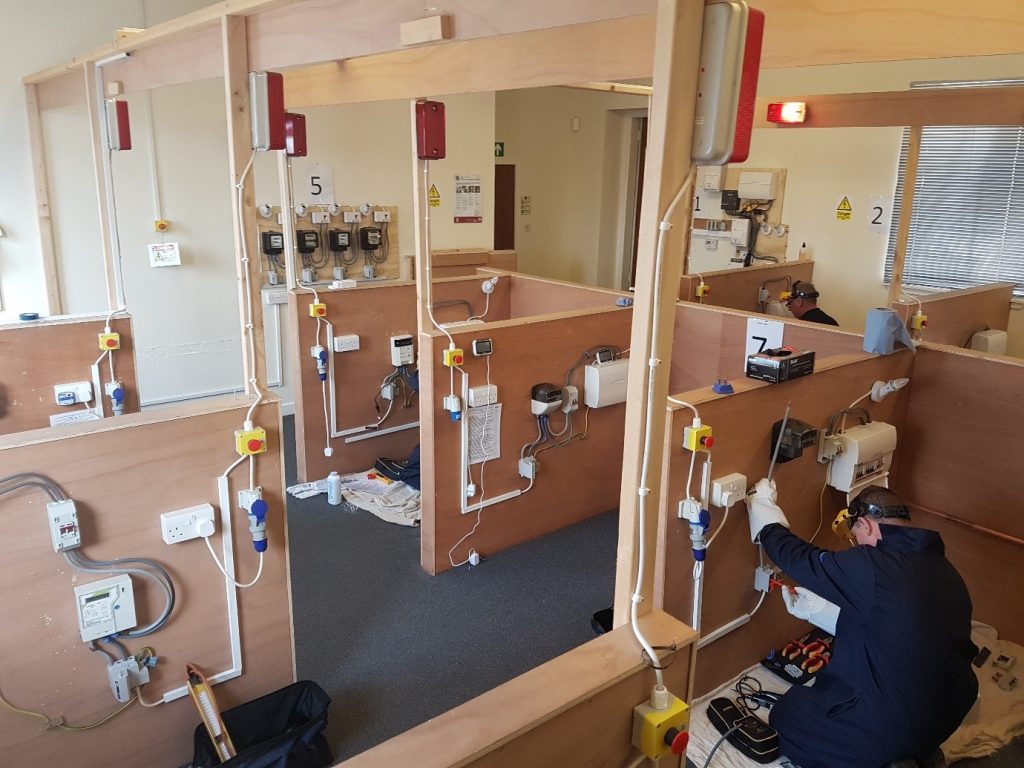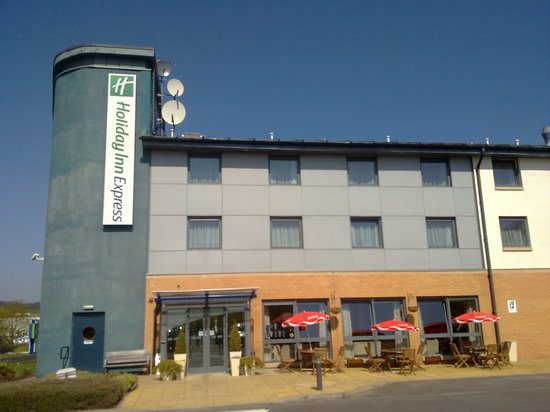Course overview
Our 29-week gas engineer course is the UK’s most comprehensive and in-depth gas safe course for adults and now includes the installation and maintenance of air source heat pumps.
We go the extra mile for all our students, ensuring that they’re not only fully qualified but the most employable as well. Our expert learning and development team have identified skill shortages within the industry through their years of experience. We have incorporated this knowledge into our training syllabus, making you a valuable asset for employers.
With a blend of classroom and workshop-based learning, we believe that ‘hands-on’ learning is essential to train for a career in the gas industry.
Qualification Overview
- CCN1 – Core Domestic Gas Safety (Natural Gas)
- CPA1 – Combustion Performance Analysis
- CENWAT – Domestic Gas Central Heating Boilers & Water Heaters
- CKR1 – Domestic Gas Cookers
- Unvented Hot Water Storage Systems – Installation, servicing and maintenance of unvented hot water systems from 15 to 500 litres.
- WRAS Waterbyelaws
- Level 3 Award in the Installation and Maintenance of Air Source Heat Pumps – Install, Service and Maintain Air Source Heat Pump Systems
- System Design and Fault Finding – Our own system design and fault-finding course aimed at giving you a better understanding of how to repair central heating systems and boilers.
